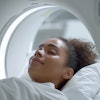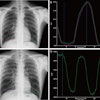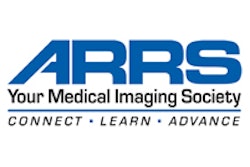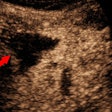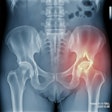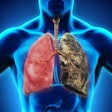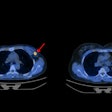Dear AuntMinnie Member,
A warning issued by the U.S. Food and Drug Administration (FDA) on the handling of rubidium-82 (Rb-82) generators for cardiac PET studies was the article AuntMinnie.com members viewed most this past week.
The FDA issued the advisory after learning of several cases in which improper liquids were used to elute, or extract, Rb-82 from the generators. This led to strontium breakthrough, in which strontium isotopes got into the rubidium injection and may have been deposited into the organs of patients.
Learn more about this important issue -- and the processes the FDA is advising to prevent strontium breakthrough -- in a new article in our Molecular Imaging Community.
Cannavo on AI
PACS industry consultant Michael J. Cannavo is back with the latest in his series on practical considerations of artificial intelligence (AI).
In his most recent column, Mr. Cannavo discusses some of the roadblocks that could slow down the adoption of AI. These include reimbursement, changes that might be required in radiologist workflow, and data processing requirements. And he poses an important question: Who determines which AI algorithm is best for a particular clinical application? These are all issues that will need to be sorted out before AI receives widespread implementation.
Despite radiology's concerns about AI, the specialty is actually in the forefront of medicine when it comes to embracing the technology. At least, that's the opinion of an editorialist from Australia who holds radiology up as an example for other disciplines to follow.
Get these stories and more in our Artificial Intelligence Community.
News from ARRS 2019
Finally, be sure to check back on the site next week as we begin our coverage of the 2019 edition of the American Roentgen Ray Society (ARRS) annual meeting. Assistant Editor Abraham Kim will be onsite filing articles from this important conference.

